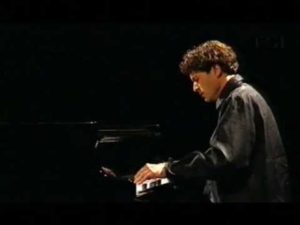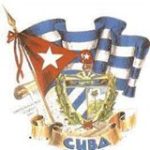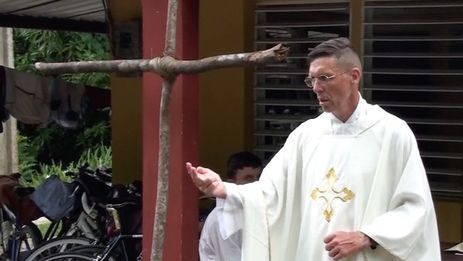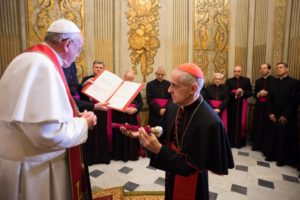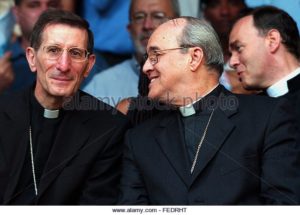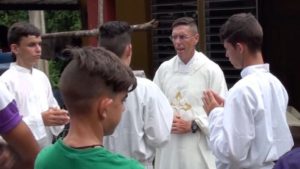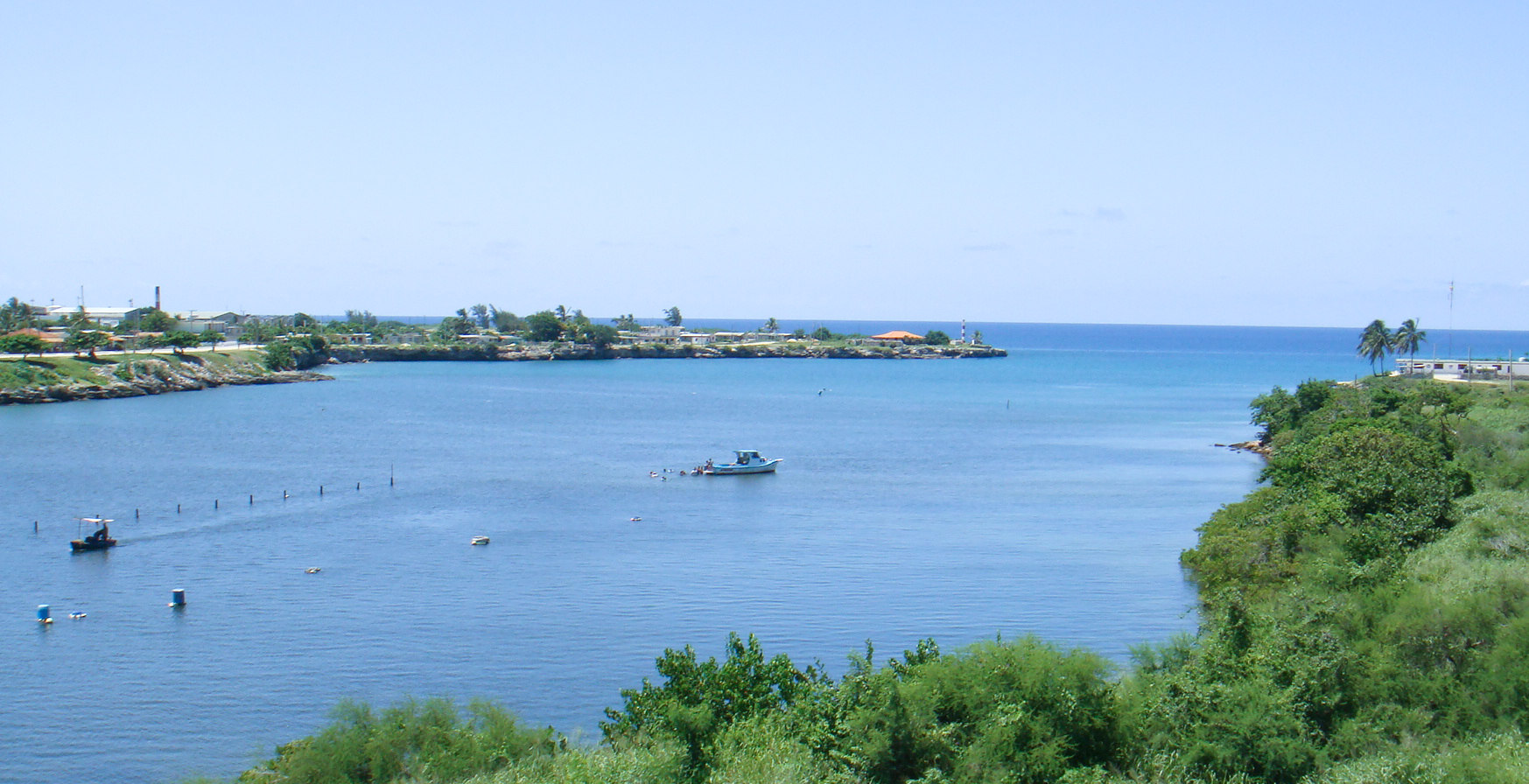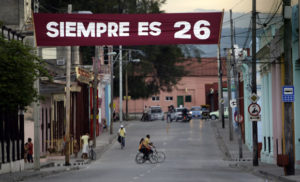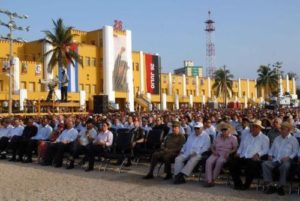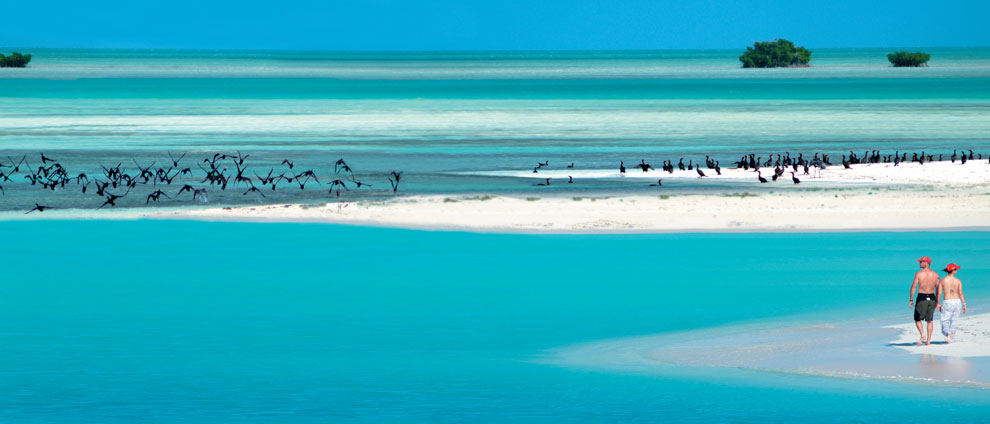Mauricio Vallina (born 27 March 1970 in Havana,) is a Cuban pianist living in Brussels. He has been a top prize-winner of national and international piano competitions. His prizes include Valencia (1994) and Gernika (1996) international piano competitions, and he has also been awarded special prizes for the best performance of Cuban and Spanish Music.
Education and debut.
After graduating in Havana, with a “Gold” Diploma (1988), Vallina achieved a solid formation at the Moscow “Tchaikovsky” Conservatory (Master of Fine Arts in 1996), the Madrid Royal Conservatory and the Como International Piano Foundation. His teachers included Roberto Urbay, Henrietta Mirvis, Irina Plotnikova, Joaquin Soriano, Alicia de Larrocha, Dimitri Bashkirov, Fou Ts’ong, Zenaida Manfugás and Martha Argerich. Vallina’s debut performance was at the Zurich Tonhalle in 1998.
Mauricio Vallina Plays Beautiful Blue Danube
Performances
Vallina performed at many international festivals, including “La Roque d‘Anthèron“, Schleswig-Holstein music festival, Radio France-Montpellier festival, “Beppu, Argerich‘s meeting point“, Sintra festival, Lugano festival. Many of his concerts have been broadcast on radio or television.
He has performed with leading orchestras. In chamber music he has performed with Polina Leschenko, Gabriela Montero, Nelson Goerner, Karin Lechner, Alexander Mogilevsky, Martha Argerich, Evgeny Brahman, Don-Hyek Lim, Pia Sebastiani, Mirabela Dina, Geza Hosszu-Legocky, Mark Drobinsky, Renaud Capuçon and Gautier Capuçon. He has been featured in several documentary films such as “Evening Talks“, “Nelson Freire“- a Brazilian production. As a regular partner with Martha Argerich, he has performed in many countries; some of the performances were released, “Live from Lugano Festival“ 2005, 2007 and 2009 with EMI.
Recordings
In 2001, Vallina recorded his first CD with EMI CLASSICS INTERNATIONAL. This EMI Abbey Road recording received a “CHOC“ in the magazine “Le Monde de la Musique“ and brought him great acclaim in Vienna, London and Paris.
Vallina was chosen “The Rurh Piano Festival Stipend of the year 2008“. As part of this promotional project, his solo recital was recorded and released within the phonographic magazine FonoForum, along with the premier of one of his own works: L’Enigma.
Repertoire and compositions
Vallina performs a broad repertoire from Bach to contemporary works and new compositions, some of them dedicated to him. The new composition First concerto for Piano and Orchestra by the Colombian composer Arturo Cuellar, premiered at the Colón Theater of Buenos Aires in 2001. The Sonata en Mi bemol of the same composer, premièred at the Zürich Tonhalle in 2002. Vallina opened Martha Argerich Project Lugano Festival 2007, performing the Lutoslawsky Paganini Variations with the Orchestra della Svizzera Italiana. He performed Mac Dowell’s second piano concerto with the Orchestre Philarmonique de Liège, at the opening concert of the Festival Amériques (2008).
Mauricio Vallina plays Lecuona – La conga de medianoche
During the Martha Argerich Project_Lugano Festival 2009 he performed with the legendary pianist a memorable version of Liszt_Don Juan. In 2010 he mainly focused on Chopin and Schumann. He is also Executive Professor at the first online musical academy of the world: The Lions-Club Mozart Academy of Vienna.
Agencies/VallinaMusic/YouTube/Internet Photos/Arnoldo Varona/ TheCubanHistory.com
THE CUBAN HISTORY, HOLLYWOOD.
![]() MAURICIO VALLINA, LAUREADO PIANISTA CUBANO PREMIADO.
MAURICIO VALLINA, LAUREADO PIANISTA CUBANO PREMIADO.
Mauricio Vallina (27 de marzo de 1970 en La Habana,) es un pianista cubano que vive en Bruselas. Ha sido premiado en la parte superior de las competiciones nacionales e internacionales de piano. Sus premios incluyen Valencia (1994) y Gernika (1996) concursos internacionales de piano, y él también ha sido galardonado con premios especiales para el mejor desempeño de la música cubana y española.
La educación y el debut.
Después de graduarse en La Habana, con un diploma de “Oro” (1988), Vallina logra una sólida formación en el “Tchaikovsky” Conservatorio de Moscú (Master of Fine Arts en 1996), el Real Conservatorio de Madrid y la Fundación Internacional de Piano de Como. Entre sus maestros Roberto Urbay, Henrietta Mirvis, Irina Plotnikova, Joaquín Soriano, Alicia de Larrocha, Dimitri Bashkirov, Fou Ts’ong, Zenaida Manfugás y Martha Argerich. funcionamiento del principio de Vallina estaba en la Tonhalle de Zurich en 1998.
Mauricio Vallina Reproduce hermoso Danubio azul
Actuaciones
Vallina realizó en numerosos festivales internacionales, entre ellos “La Roque d’Anthéron”, Schleswig-Holstein festival de música, Radio France Montpellier-festival “, Beppu, punto de encuentro de Argerich”, festival de Sintra, festival de Lugano. Muchos de sus conciertos han sido transmitidos por radio o televisión.
Ha actuado con las principales orquestas. En la música de cámara ha actuado con Polina Leschenko, Gabriela Montero, Nelson Goerner, Karin Lechner, Alexander Mogilevsky, Martha Argerich, Evgeny Brahman, don-Hyek Lim, Pia Sebastiani, Mirabela Dina, Geza Hosszu-Legocky, Mark Drobinsky, Renaud Capuçon y Gautier Capuçon. Ha aparecido en varias películas documentales como “noche de conversaciones”, “Nelson Freire” – una producción brasileña. Como una pareja estable con Martha Argerich, se ha presentado en muchos países; algunas de las actuaciones fueron puestos en libertad, “en vivo desde Lugano Festival” 2005, 2007 y 2009 con EMI.
Grabaciones
En 2001, Vallina grabó su primer disco con EMI clásicos internacionales. Esta grabación de EMI de Abbey Road recibió una “CHOC” en la revista “Le Monde de la Musique” y le trajo un gran éxito en Viena, Londres y París.
Vallina fue elegido “El Festival de Piano Rurh estipendio del año 2008”. Como parte de este proyecto de promoción, considerando su solo fue grabado y lanzado dentro de la revista fonográfico FonoForum, junto con el estreno de una de sus obras: L’enigma.
Mauricio Vallina juega Lecuona – La Conga de medianoche
Repertorio y composiciones
Vallina realiza un amplio repertorio desde Bach hasta obras contemporáneas y nuevas composiciones, algunas de ellas dedicadas a él. La nueva composición primer concierto para piano y orquesta del compositor colombiano Arturo Cuellar, estrenada en el Teatro Colón de Buenos Aires en el año 2001. La Sonata en Mi bemol del mismo compositor, estrenó en el Tonhalle Zürich en 2002. Vallina abrió Martha Argerich Proyecto Lugano Festival 2007, la realización de las Variaciones Paganini Lutoslawsky con la Orquesta della Svizzera Italiana. Se lleva a cabo el segundo concierto para piano de Mac Dowell con la Orquesta Filarmónica de Lieja, en el concierto de apertura del Festival de las Amériques (2008).
Durante el Festival Argerich Project_Lugano Martha 2009 se realizó con el legendario pianista de una versión memorable de Liszt_Don Juan. En 2010 se centra principalmente en Chopin y Schumann. También es Profesor Ejecutivo en la primera academia de música en línea del mundo: La Academia Mozart Lions Club de Viena.
Agencias / VallinaMusic / YouTube / Internet Fotos / Arnoldo Varona / TheCubanHistory.com
LA HISTORIA DE CUBA, Hollywood.




